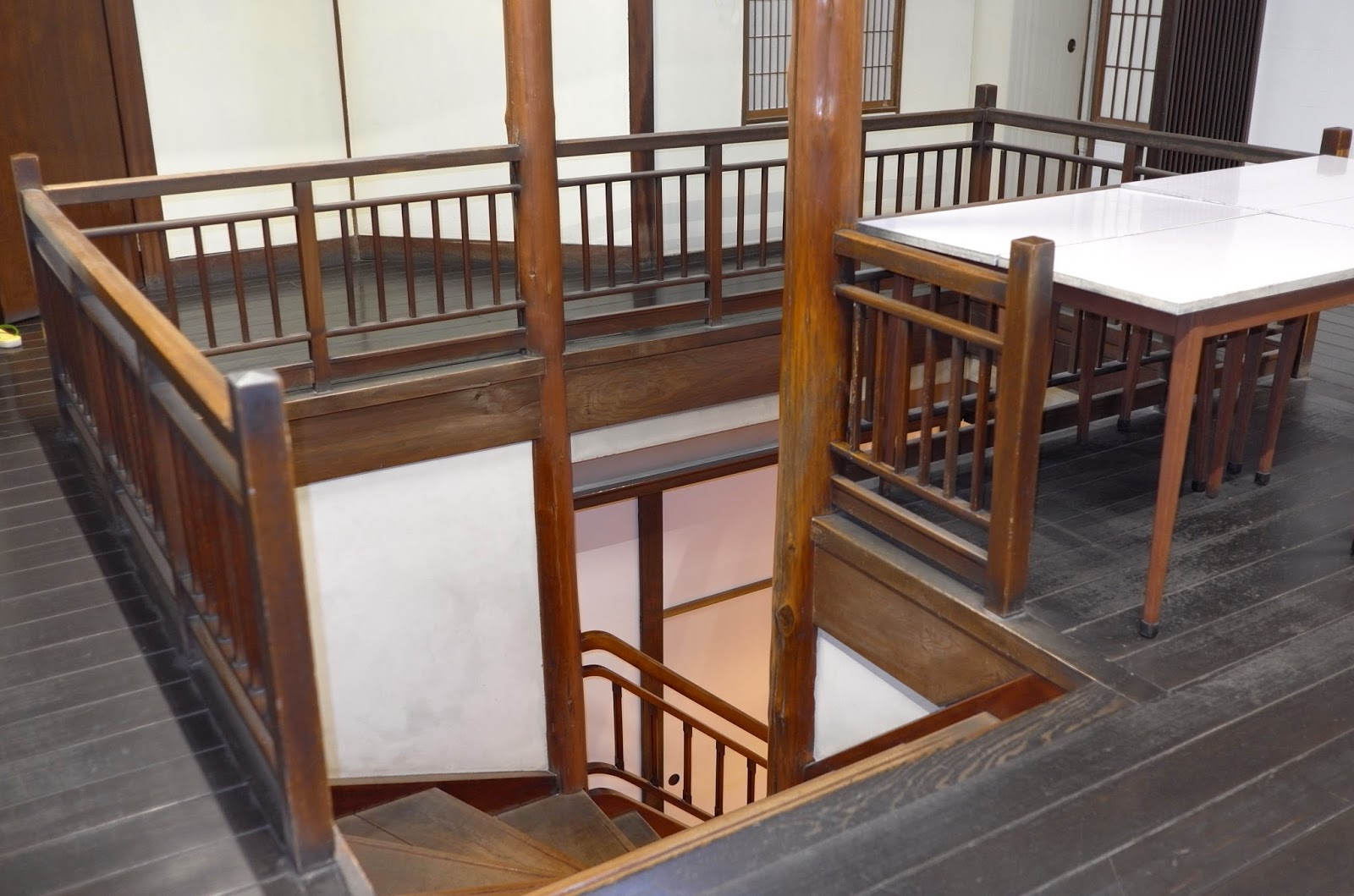Perhaps appealing his readiness to succeed the throne,
Prince Naruhito tried to show himself as a friendly and active figure in the
Imperial family. In the press conference for his fifty-fifth birthday, Naruhito
stressed his strong support for the Constitution of Japan, established on a
great sacrifice of Japanese people. Although no news organization reported
explicitly, he looked like criticize Prime Minister Shinzo Abe who had been
showing no interest in maintaining current provisions of the Constitution.
Born in 1960, Naruhito lived his life in the most peaceful
time of Japan with high economic growth. But, just fifteen years before he was
born, his grandfather, Hirohito, had been a target of sharp argument over
responsibility of Emperor on war, as the leader of Japanese government.
Naruhito had to seriously uphold peace and democracy as basic concept of
post-war Japan.
In his press conference, Naruhito stressed his willingness
to embrace post-war political regime of Japan. “I think it is important to
never forget about the lost ones, to impress the existence of current Japan on
a number of sacrifices, to have deeper recognition on history not to repeat
disastrous consequence of war, and to bring up peaceful mind,” told Naruhito.
This might be Prince’s statement of seventieth anniversary from the end of the
war, before Abe would release it.
What made different in Narihito’s comment was firm belief on
the Constitution. “Through the disaster of the war, Japan has been accepting
peace and prosperity, built on the basis of the Constitution of Japan. I hope
this year of the seventieth anniversary from the end of the war to become an
opportunity for remembering the efforts of the people who established the basis
for development of Japan, engraving the preciousness of peace and refresh
determination for peace,” told Naruhito. Most news agencies did not report his
respect on the Constitution, supposedly being afraid of connecting his comment
to power related to government that was not assumed to be exercised by the
Prince.
His comment, however, apparently contradicted what current
Prime Minister was doing. Prime Minister Abe has openly been discussing what
and how to amend the provisions of the Constitution, not whether it should be
amended. There even is an argument that his attitude violates Article 99 of the
Constitution, which required Emperor, Prime Minister or other leaders of the
government to protect and maintain the Constitution. Prince Naruhito’s firm
support of the Constitution unexpectedly made clear contrast with the incumbent
Prime Minister who disliked the supreme law of Japan.

















